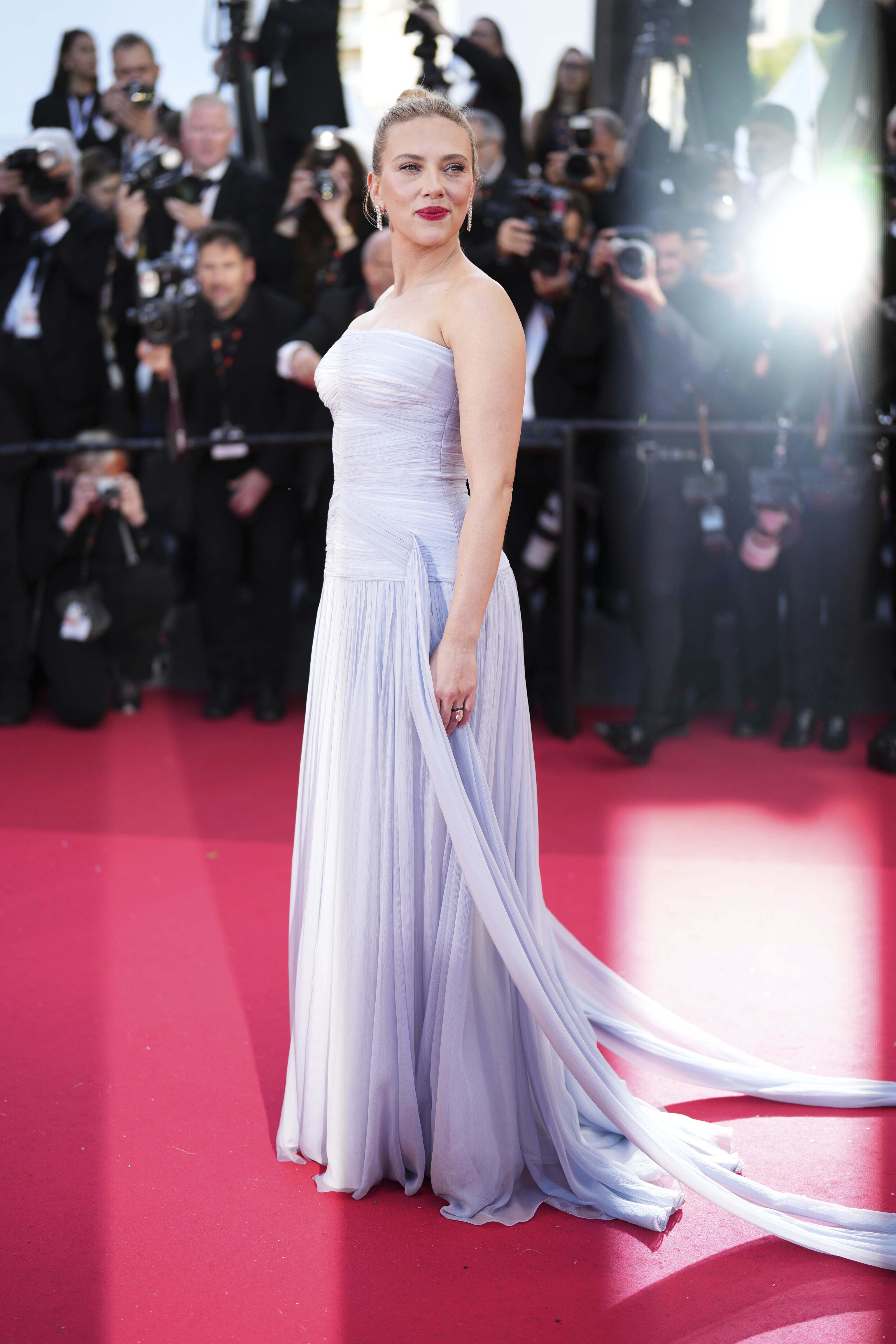In the global ranking of Hollywood stars making their directorial debut, Kristen Stewart is currently ahead of Scarlett Johansson. Put that way, it may sound frivolous, perhaps stupid, but maybe it is somewhat frivolous and a bit stupid that the Un Certain Regard section, traditionally reserved for the most daring works with a clear bordering vocation, has ended up becoming, at least in part, another red carpet on the Croisette. Which already exists. Eleanor the Great (Eleanor the Great) received, according to the popular applause meters that flood the specialized press, a five-minute standing ovation at four o'clock in the afternoon, when, truth be told, the only thing worth celebrating enthusiastically was that the sun had come out after a morning of storms. The question was: what were they applauding? Because if it was really for the movie, then Cannes is in trouble.
Eleanor The Great is presented as a study or simply a stroll through intergenerational female friendship. It is hard not to think, for example, of Starlet by Sean Baker, if only for the euphony. But not only that, as it progresses, it also aims to be a reflection on the impact of the Holocaust. And on memory. And on truth in times of online lies. And on grief. And on forgiveness. We are sure that if it had lasted five more minutes, it would have had time to address Melody at Eurovision. Jokes aside, what cannot be disputed about the film, as a debut, is its ambition. And, albeit not very well understood, it must also be acknowledged for taking risks. Lack of modesty as well, but that is not always bad.
The story revolves around a 95-year-old woman who, after the death of her same-age friend with whom she has been living for years, moves to her daughter's apartment in New York. By chance, she ends up in a group of Holocaust survivors who meet periodically to heal the unhealable, probably. At that moment, she, who converted to Judaism after marrying a Jew, feels the need to tell, as if it were her own, the story of her companion who was indeed a Holocaust survivor. Her case is reminiscent of the already famous Enric Marco, but with the difference that she is not seeking notoriety, but rather solace and justice with a memory that may be lost forever. In that group, she will meet a young journalist, and it is there, in the encounter between the two, where the film truly comes to life.
If a project were to be measured solely by the size and quality of its intentions (all good), the directorial debut of the star of the upcoming new installment of Jurassic World would by necessity be a masterpiece the size of a diplodocus. But trying and wanting, despite the self-help publicity and meritocracy, is not enough. Besides, one must have, I don't know, talent? Eleanor the Great holds up throughout the first half because it does not make many mistakes. And the ones it does make (like the made-for-TV planning, for example) are barely noticeable because actress June Squibb, whom we saw some time ago in Nebraska by Alexander Payne, manages to cover them up with her naturalness, her ease with dialogue, her perfect sense of comedic timing, and simply her presence. If the film is saved, even a little, it is undoubtedly because of her. In fact, it is because of her that, I dare say, it is worth taking a look at it. A true lesson in acting from common sense, confidence, and simple empathy.
And then comes the second part; that is, when the announced dramas cascade and unfold in all their breadth. That is when the director simply succumbs to all the clichés and quick fixes that have so impoverished the cinematic language since before the era of streaming platforms. If the first rule not only of cinema but of basic education is to let conflicts show and become explicit on their own, without narrating them, without saying them, without forcing the viewer to swallow the spoonful of medicine, Scarlett Johansson not only skips this rule but seems to enjoy flouting it. The verbose eagerness of each character is disheartening, all determined to verbalize everything that happens to them and everything that is supposed to be part of that thing called subtext (the soul itself) of the film. The monologue by the character played by Chiwetel Ejiofor, the father of the young woman portrayed by Erin Kellyman, in which the moral of all this is directly explained, is particularly dreadful.
And lastly, there is the matter of the Holocaust itself, turned into an excuse to explore a reflection on what is true and what is false. For a moment, in its effort to justify an adorable elderly woman appropriating a story that is not hers (in other words, lying), one might think that the film crosses all imaginable red lines and some more that we didn't even know existed. Ambition is good, recklessness is, at the very least, debatable. As mentioned, for now, Stewart 1- Johansson 0.
